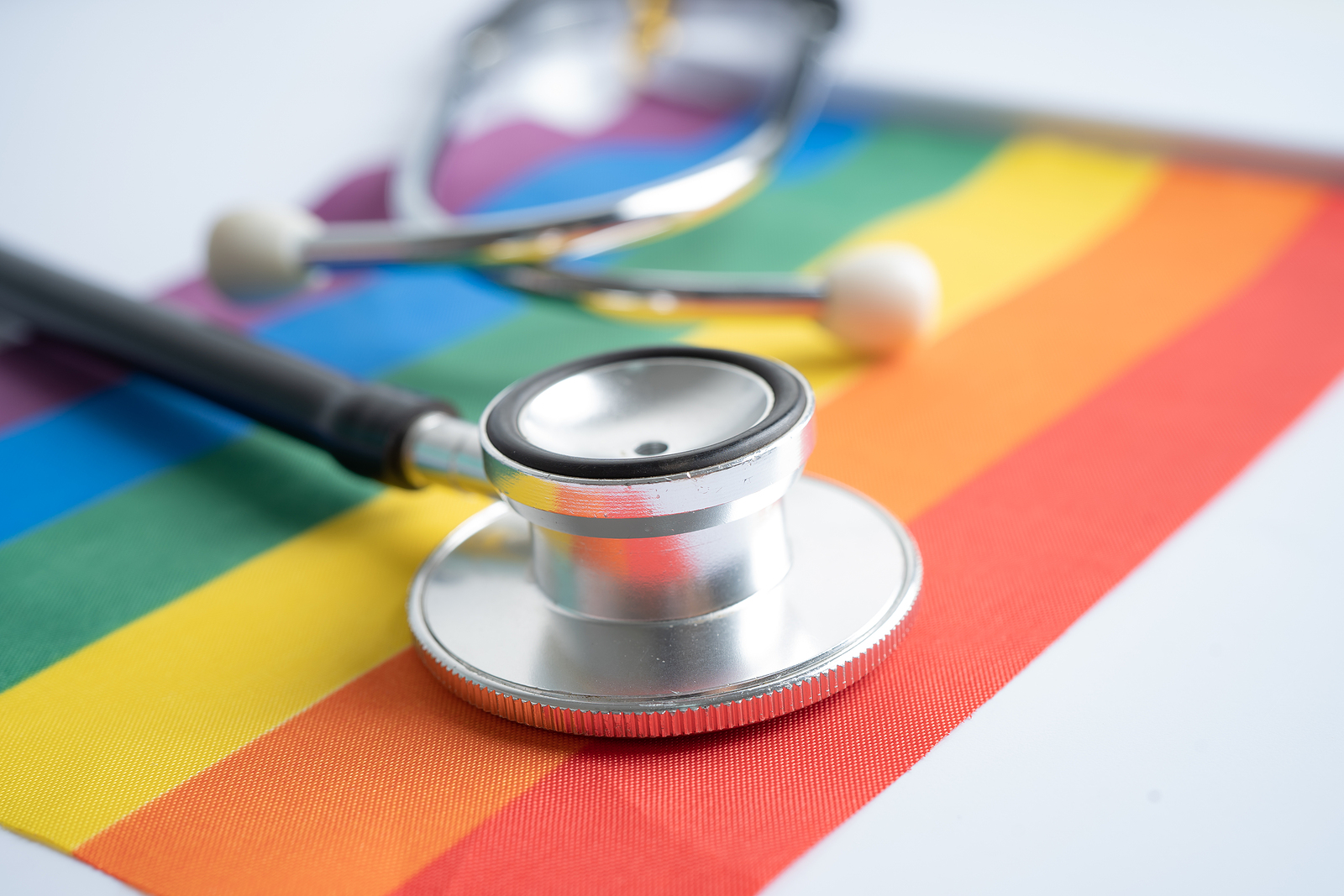
UK steps back from ‘gender affirmation’ for ‘trans kids’
With only two weeks to go before the mid-term elections in the United States, President Joe Biden has come out swinging in favour of trans rights. In a sit-down interview with trans TikTok star Dylan Mulvaney, the President said that he supported “every single solitary right” for trans-identifying people, “including use of your gender identity bathrooms in public”.
“Sometimes they try to block you from being able to access certain medicines, being able to access certain procedures and so on, none of that should be available, I mean, you know, no state should be able to do that in my view,” Mr Biden said.
He appears not to have received the memo from the UK’s National Health Service. Across the Atlantic, the NHS has been busy critiquing the “Gender-Affirmative Care Model”.
The latest move is to declare that “social transitioning” for pre-pubertal children – using different pronouns, using a new name, dressing as the opposite sex and so on – may actually be harmful. In a discussion paper, the NHS stresses that the evidence for transitioning is weak.
“Early social transition”, says the document, “ should not be viewed as a neutral act”. It should be regarded as an “active intervention” “ because it may have significant effects on the child or young person in terms of their psychological functioning.”
It goes on to warn that there could be serious consequences if a child begins with social transition but desists later on:
In cases where a pre-pubertal child has effected, or is effecting, a social transition (or expresses a wish to effect a social transition) the clinical approach has to be mindful of the risks of an inappropriate gender transition and the difficulties that the child may experience in returning to the original gender role upon entering puberty if the gender incongruence does not persist into adolescence.
The NHS guidance is also discouraging the use of puberty blockers, since so little is known about their long-terms effect. It will only allow them to be prescribed in a formal research setting. It strongly discourages teenagers from accessing these hormones on the internet.
